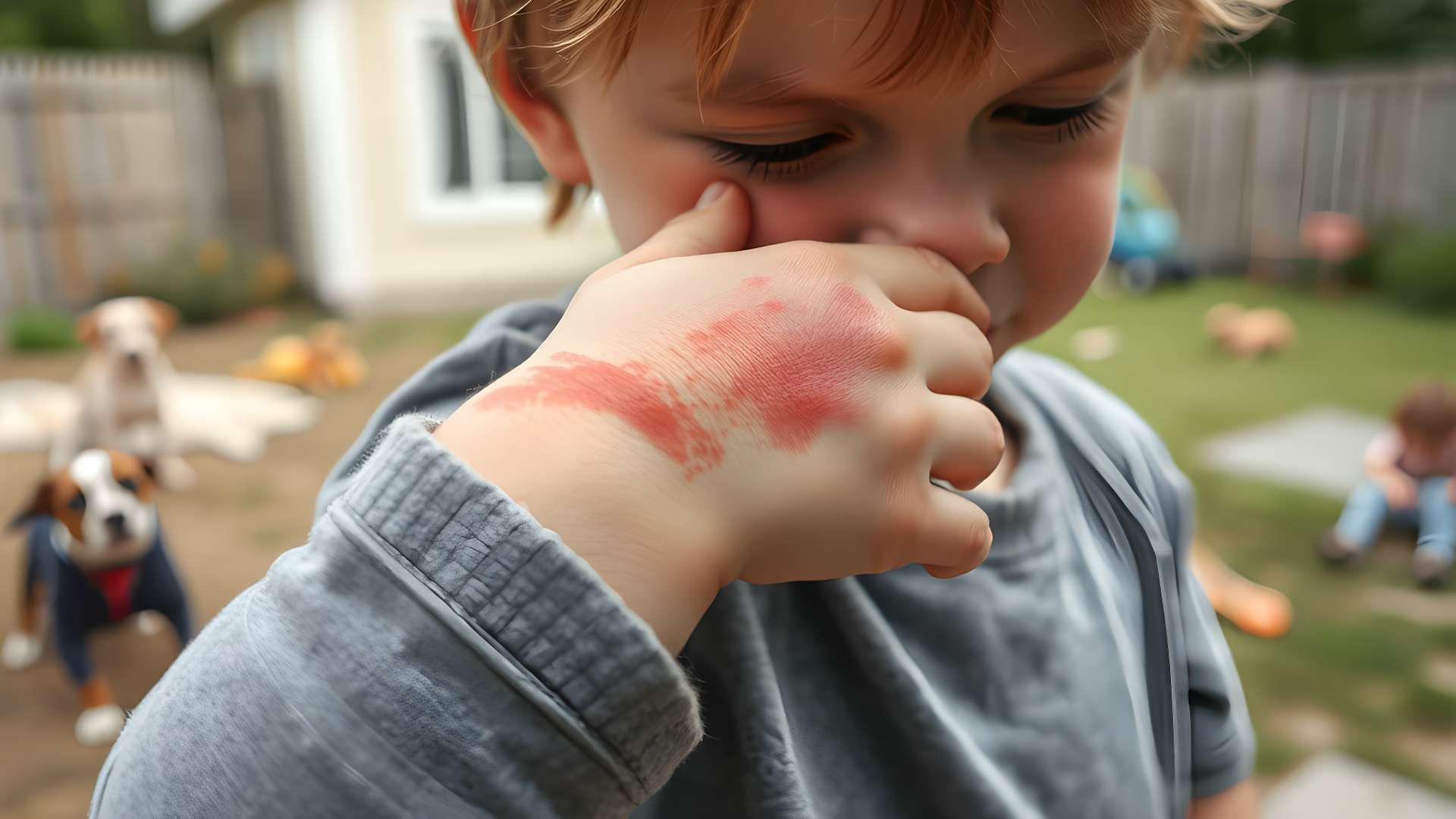Ad Blocker Detected
Our website is made possible by displaying online advertisements to our visitors. Please consider supporting us by disabling your ad blocker.
Rhinitis—casually known as a “runny nose”—is a global annoyance, affecting countless people. It stems from the inflammation of nasal passages, stirring up a host of pesky symptoms.
What Is the Definition of Rhinitis?
Rhinitis, also referred to as coryza, is the inflammation of the nasal mucous membrane. Triggers may vary, but the effects are frustratingly consistent—symptoms that can throw a wrench in your daily routine. In simpler terms, it boils down to “inflammation of the nose.” This umbrella term covers a range of conditions that inflame nasal tissues and unleash a cascade of discomforts.
Rhinitis What Are Symptoms?
The symptoms of rhinitis shift based on the root cause and individual responses. Some of the hallmark signs include:
- Nasal Congestion: A sense of blockage or fullness in the nasal passages, often disturbing sleep or making breathing harder than it should be.
- Runny Nose: Mucus overload—ranging from watery and clear to thicker, even discolored.
- Sneezing: That repetitive, uncontrollable action caused by nasal irritation.
- Itchy Nose and Throat: A tingling, irritating sensation that you can’t help but scratch or rub.
- Postnasal Drip: Extra mucus making an unwelcome descent down your throat, sparking coughs or throat discomfort.
- Watery Eyes: Nasal congestion sometimes brings along teary, irritated eyes due to pressure on tear ducts.
- Reduced Sense of Smell: A blunted ability to detect scents, which can be surprisingly frustrating.
- Facial Pressure: That heavy, uncomfortable feeling around the sinuses, especially when inflammation is severe.
Severe cases of rhinitis symptoms—think “Rhinitis What Are Symptoms?” on overdrive—can lead to disrupted sleep, mental fatigue, or even difficulty concentrating on daily tasks.
What Can Rhinitis Cause? What Are the Complications of Rhinitis?
Rhinitis itself isn’t life-threatening, but neglecting it can invite further complications, such as:
- Sinusitis: Inflamed sinuses adding pain, pressure, and relentless mucus buildup.
- Sleep Apnea: Airway blockages disrupting your breathing during sleep.
- Hearing Problems: Congested Eustachian tubes causing muffled sounds or infections.
- Chronic Cough: A stubborn cough fueled by ongoing postnasal drip.
- Asthma Worsening: A vicious loop for individuals juggling both asthma and rhinitis.
Rhinitis What To Take? How Can Rhinitis Be Treated?
Rhinitis treatment depends on its triggers and intensity. Common approaches include:
- Allergen Avoidance: Steering clear of triggers like pollen, dust, or pet dander can be game-changing for allergic rhinitis.
- Nasal Irrigation: Saline rinses work wonders, clearing mucus and easing irritation.
- Antihistamines: These allergy warriors tackle sneezing, itching, and the never-ending runny nose.
- Decongestants: Quick relief from stuffiness, though overuse might lead to rebound congestion—a paradoxical misery.
- Corticosteroid Nasal Sprays: Potent anti-inflammatory sprays that are often a go-to, whether prescription-based or over-the-counter.
- Immunotherapy (Allergy Shots): Gradually trains your immune system to chill out, addressing allergic rhinitis at its roots.
- Surgery: In chronic or severe cases, surgical intervention can tackle structural issues in nasal passages.
How to Prevent Rhinitis?
Dodging rhinitis altogether might be a stretch, but these tips can reduce your risk or ease symptoms:
- Enhance Indoor Air Quality: Regular cleaning, using air purifiers, and managing humidity levels can work wonders.
- Limit Irritant Exposure: Steer clear of cigarette smoke, pungent perfumes, or other nasal irritants.
- Frequent Hand Washing: Good hygiene keeps viral infections—rhinitis’s common culprit—at bay.
- Manage Stress: Stress-busting practices like yoga or meditation might ease the intensity of symptoms.
- Stay Hydrated: Proper hydration keeps nasal passages moist and mucus flowing smoothly.
By understanding triggers, symptoms, and treatment options, you can manage rhinitis more effectively—reclaiming your comfort and quality of life.
Disclaimer: This content is intended for informational purposes only. Consult a medical professional for advice tailored to your health condition.


